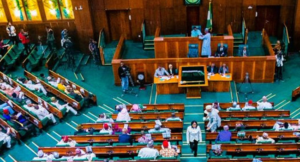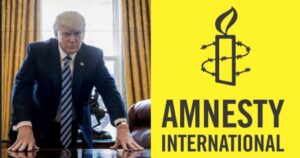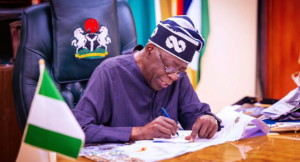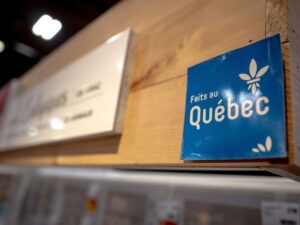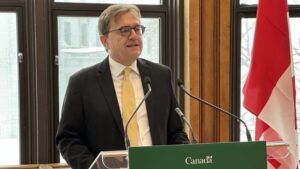… IMF increases growth projection for Nigeria
The International Monetary Fund (IMF) yesterday, clarified its earlier position on the poor scores given to the Nigeria Sovereign Wealth Fund, saying it only has concerns with the lack of transparency in the management of the nation’s Excess Crude Account (ECA).
The Fund said it was indeed appalled that Nigeria failed to take advantage of huge earnings from crude oil in the years when it earned a $100 and above per barrel, to save for the rainy day to enable it provide more infra- structure for its citizens.
This was as it ranked Nigeria as the second worst country in the world in the use of sovereign wealth funds. According to the Fund’s Fiscal Monitor report released on Wednesday, Nigeria was only better than Qatar on the Sovereign Wealth Fund management index. Columbia, Ghana and Chile were ranked best three in the management of their sovereign wealth funds.
But making the clarification at a briefing in Washington DC, Director of Africa Department of the IMF, Abebe Aemro Selassie, said “ I want to be precise on this issue because I have seen a lot of noise concerning it. There have been two
Sovereign Wealth Funds in Nigeria. There has been the Excess Crude Account (ECA), and the Nigeria Sovereign Investment Authority (NSIA). The NSIA has been run transparently on standard best practices and it has been doing a good job in line with the Santiago principle. But the concern that we have is about the ECA, because if you recall that the ECA economically was set up to save resources when oil prices are high, and to be drawn on when oil prices are low. We do not think that the ECA has been doing effectively enough job that way.”
The IMF Director further noted, “when oil prices fell, the economy was very hard hit in the last couple of years, and we feel like much better job could have been done, saving enough more in the ECA when oil prices were at $100 and $120 per barrel.”
Meanwhile, reacting to the country’s poor classification, the Nigeria Sovereign In- vestment Authority (NSIA) in a statement by Titilope Olubiyi, its Communications Adviser, rejected the rating by the IMF. It said the sweeping reference to the Nigeria’s Sovereign Wealth Fund and the use of third-party data raise some concerns “‘NSIA was established under the Santiago Principles, consisting 24 generally accepted principles and practices voluntarily endorsed by International Forum of Sovereign Wealth Funds (IFSWF). The Santiago Principles promote transparency, good governance, account- ability and prudent investment practices whilst encour- aging a more open dialogue and deeper understanding of Sovereign Wealth Fund activities,” it stated.
The Crude Account (ECA) is a Nigerian government account created to save revenues—in excess of the budgetary benchmark price generated from the sale of oil. Its primary objective is to protect Nigeria’s planned budgets against shortfalls caused by the volatility of crude oil price.
In December of 2018, a revelation by the Federation Accounts Allocation Committee (FAAC) that the ex- cess crude revenue account savings was depleted to only $631 million within three weeks created considerable anxiety among most Nigerians who wondered what government may have deployed the fund into.
The depletion came barely three weeks after the Minister of Finance, Zainab Ahmed, disclosed at the end of a meeting in Kaduna on November 25, 2018, that the balance in the account stood at about $2.319 billion, an indication that a whopping $1.688 billion, representing about 73 per cent o


